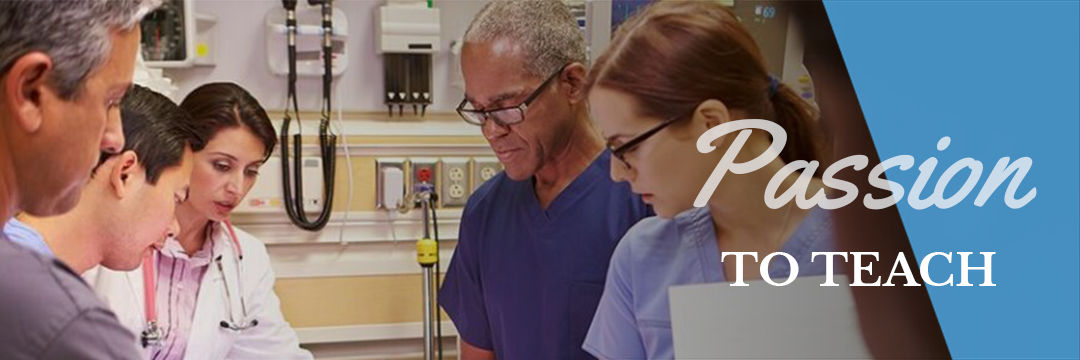Clinical Track

The clinical track is a three-year program for fellows who intend to enter clinical academic or private practice. The emphasis is on clinical gastroenterology with the opportunity for formal clinical research and/or medical education training for those interested in careers as clinician-educators. Our program is nationally recognized and highly competitive; each year we receive over 500 applications for this track.
Clinical Training
First-year clinical fellows rotate through the following core rotations:
- Luminal consultation service;
- Hepatology consultation service;
- Ambulatory Clinics;
- Ambulatory Hepatology Clinics;
- Hillsborough Hospital and Endoscopy
- UNC Memorial Endoscopy
Summary of Rotations (Example only)
Year 1
- Endoscopy – 2-3 months
- Hepatology – 2-3 months
- Luminal – 2-3 months
- Ambulatory – 2-3 months
- Research/Teaching – 1 month
Year 2
- Biliary – 1 month
- Endoscopy – 2-3 months
- Hepatology – 2-3 months
- Luminal – 2-3 months
- Motility – ½ month; Nutrition ½ month
- Ambulatory – 2-4 months
- Research/Teaching – 2 months
Year 3
- Biliary – 3 months
- Endoscopy – 3 month
- Hepatology – 1 month
- Luminal – 1 month
- Ambulatory – 1 month
- Research/Teaching – 3 months
Typically, there is additional time allotted for research and/or teaching activities. More information about clinical training is available here.
Second-year fellows rotate through some of the aforementioned rotations, have dedicated research time, and may choose from electives in nutrition, motility, IBD, and biliary/advanced endoscopy.
Third-year clinical fellows hone their skills in consultative gastroenterology, endoscopy, and teaching. There is an option to complete more intense (“Tier 2”) training in one of a focused clinical area, including IBD, esophageal disease, liver disease, and functional & motility disorders. For more specific information on our clinical training program.
Research Training
For clinical fellows focused on additional research training, by the end of the first year they will choose a project mentor and outline a research project. During the second year and third years they are expected to conduct the research and write up the results for publication, including as an abstract to present at national conferences such as Digestive Diseases Week and/or the American College of Gastroenterology meeting.
Educator Training
Clinical fellows will be nominated at the end of their first year to participate in the UNC Academy of Educators, a formal education training curriculum for UNC physicians. Fellows will also play active roles in teaching the GI organ block to first-year medical students. Fellows will be paired with faculty during their first and second years leading small groups. As the fellow advances in his or her education training, he or she will lead a small group during the third year of training. Fellows will receive teaching feedback from both students and paired faculty for small groups.
In the 2nd or 3rd year of training, fellows can be nominated for the AOE Flagship program. This program is designed to train fellows and junior faculty in education theory, conduct multi-disciplinary projects on education, and prepare a fellow or junior faculty for a career in teaching. There is also specific training on developing a teaching portfolio and preparing oneself for promotion on a teaching track. Finally, in the third year, fellows are also given the opportunity to pursue a graduate certificate in education for health care professionals. This formal training certificate provides the tools and curriculum to prepare oneself for a career as an academic clinician-educator. Fellows are given protected time for teaching to accommodate the online coursework. The fellowship covers the cost of this advanced degree.
Quotes From Recent Graduates
“The UNC School of Medicine actively promotes and supports careers in clinical education, and the gastroenterology clinical educator pathway can facilitate access to these resources. As part of my training, I was provided an opportunity to participate in the Teaching Scholars Program. This year-long program includes monthly seminars and individual projects. Through my participation, I developed new teaching skills, learned of pedagogy and assessment, and was instructed on how to navigate a career as a clinical educator. Moreover, the faculty members who lead this experience are excellent, and I was provided new networking opportunities not previously available.” –Dr. Craig Reed
“The Residents as Teachers program within the Academy of Educators has been very beneficial. Although we never receive formal education training during medical school, we are expected to know how to effectively teach medical students and residents. This program has helped to increase my confidence in teaching by providing me with a new skillset of tools to use to engage learners in various environments as well as simple ways to incorporate the use of technology into teaching. Additionally, it is a great way to meet and interact with residents and fellows who have similar interests from other departments.” –Dr. Kim Weaver